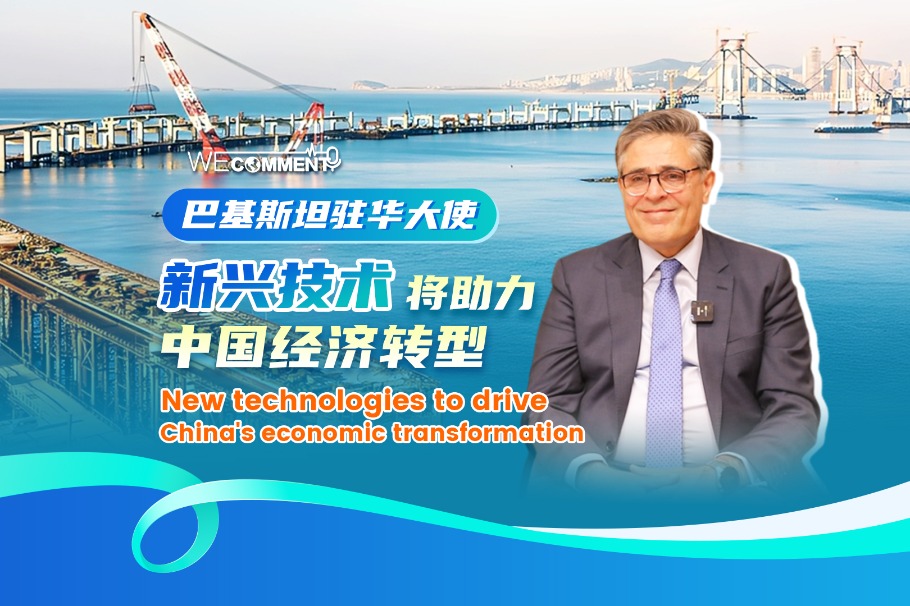Beijing's GDP expected to show growth


Acting mayor notes progress made in capital, lays out work plans for 2023
Beijing's annual GDP for 2022 is expected to show positive growth, and the city is targeting a year-on-year GDP increase of 4.5 percent in 2023, according to Yin Yong, acting mayor of the capital who spoke on Sunday at the first session of the 16th Beijing People's Congress.
Goals were also set for other major economic indicators in 2023, including a surveyed urban unemployment rate of 5 percent or less and consumer price index growth of about 3 percent, according to the government work report.
Presenting the report at the opening session of the conference, Yin said the city's comprehensive strength and international influence have both entered a new stage.
The city has achieved progress in many fields, including economic growth, integrated development, science and technological innovation, environmental improvement and education.
Beijing saw its GDP exceed 3 trillion yuan ($450 billion) for the first time in 2018 and reach 4 trillion yuan in 2021. Moreover, its per capita GDP surpassed 180,000 yuan, ranking top among provinces and municipalities in China, according to the report.
"The city's digital economy has continued to expand over the past five years, and the sector's added value accounted for around 42 percent of the city's GDP," Yin said. "The city has been making efforts to build itself into an international consumption center by completing upgrades on 22 traditional commercial areas during that period. Also, new consumption modes of livestreaming and digital culture have developed rapidly."
Despite some instability overseas, Beijing has remained open to foreign investment. The accumulated total utilized foreign capital since 2018 exceeded $75 billion, according to the report.
Beijing is faced with strategic development opportunities, as well as risks and challenges, according to the municipal development and reform commission.
The city's economic growth target of 4.5 percent this year has combined both necessity and possibility, which is good for driving efforts from various parties to raise the city's high-quality development, it added.
The city will encourage the private economy and provide support to private enterprises, as well as attract foreign capital with better services.
At the same time, Beijing will work on other sectors such as setting up more than 10,000 new 5G stations, providing jobs for another 260,000 people, and adding 200 hectares of new green land in urban areas and 10 parks in suburbs this year.
Meanwhile, the integrated development of the Beijing-Tianjin-Hebei cluster will be further promoted, the report said, and Beijing will build a modern capital metropolitan area with its two partners.
While delivering his city's government work report on Wednesday, Tianjin Mayor Zhang Gong said the municipality will upgrade its efforts to boost the coordinated development of the Beijing-Tianjin-Hebei region.
He noted that more steps will be taken to "decluster" the industrial burden of Beijing and promote the quality development of Tianjin's industrial parks.
Ji Youhu, a member of Tianjin Municipal Committee of the Chinese People's Political Consultative Committee and a professor at the Tianjin University of Finance and Economics, said that more coordination in the region's education and technological research sectors is needed to catch up with rapid investment.
He said he expects the region will see more partnerships in those fields designed to sustainably support economic growth.
Yang Cheng in Tianjin contributed to this story.
MOST POPULAR
- 1 Chinese cities dominate global science rankings for first time: Nature
- 2 Beijing cautions tourists over Japan travel risks
- 3 Nation offering great opportunities for global biz
- 4 China implements higher-level financial opening-up policies in Hainan
- 5 Policy allowing Guangdong vehicles to travel to Hong Kong takes effect







